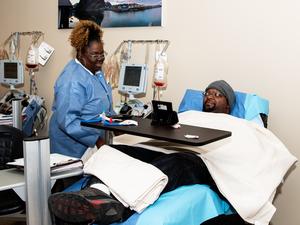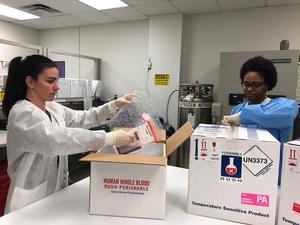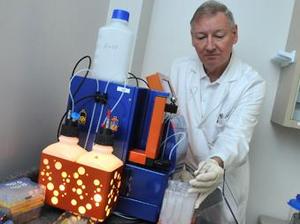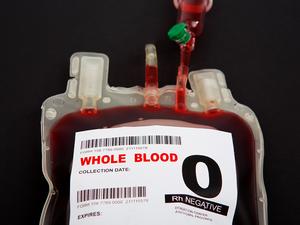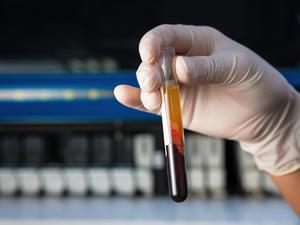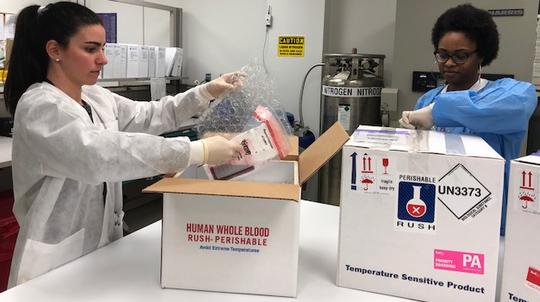
A cell therapy company with high growth potential — and key operations in Memphis — was acquired for $38 million.
Memphis-based Key Biologics merged with Seattle-based Astarte Biologics in 2018. And earlier this year, the combined firm rebranded as Cellero.
In early August, Massachusetts-based public company Charles River Laboratories announced the acquisition of Cellero.
Cellero’s Memphis operations employ about half of its more than 30 companywide employees and leads the way on human-derived biological materials.
Charles River provides products and services to pharma and biotech companies to help accelerate research and drug development. Cellero provides cellular products for cell therapy developers and manufacturers.
In 2019, Charles River had $2.6 billion in revenue and employed more than 17,000, including 1,900 science professionals. The company interacts with more than 90 organizations in 22 countries.
"With some of the cell types, you want to be really in close proximity [to] get the cells to the client quickly," James Foster, CEO of Charles River, said on the second quarter 2020 earnings call. "[Cellero has operations] in the South [in Memphis], in the West [in Seattle], and in the greater Boston area. So, we love that scale."
And, Charles River’s continually growing scale goes beyond the current acquisitions, according to Dr. Edward Scott, Cellero’s chief medical officer.
“They’ve purchased [about] 50 companies over the last 20 years or so. They're very aggressive with their growth,” Scott said.
Scott was the former CEO of Lifeblood and led the founding of Key Biologics via an acquisition of Lifeblood’s biological service division in 2009.
Key Biologics collects blood products from patients — whole blood, white blood cell products, platelets, plasma, and serum — which can then be used to develop therapeutics for them and used by researchers. The Astarte side of Cellero does basic science research.
Charles River’s interest in and acquisition of Cellero moved quickly. The offer came in on July 3, and the deal closed on Aug. 6, Scott said.
"The relationship between [Boston-based] Ampersand Capital Partners — which had provided some private equity funding for us — and Charles River is very strong," Scott said. "Ampersand has positioned a number of companies for sale to Charles River over the years, so they have a pretty clear understanding about what each entity is looking for."
California-based HemaCare — a firm Charles River acquired in January — will be paired with Cellero to tap into the cell and gene therapy market.
The two are expected to be a revenue boon for Charles River, which projects annual revenue growth of 30% over the next five years from that focus area.
“Everything we've been told from the CEO down is that it's going to be a rapidly growing area, and they will put a lot of resources into this,” Scott said. “This whole industry has really blossomed over the last seven years now [with] more and more clinical trials underway.”
Scott said the merger with Astarte, launch of Cellero, and now the acquisition by Charles River is a gratifying proof-of-concept from his time at Lifeblood and the startup of Key Biologics.
“It validates the concept that began at Lifeblood in 1999, that there indeed was a business or industry that would develop around cell and gene therapy to modify an individual's immune system,” Scott said. “All of that has come to pass.”
